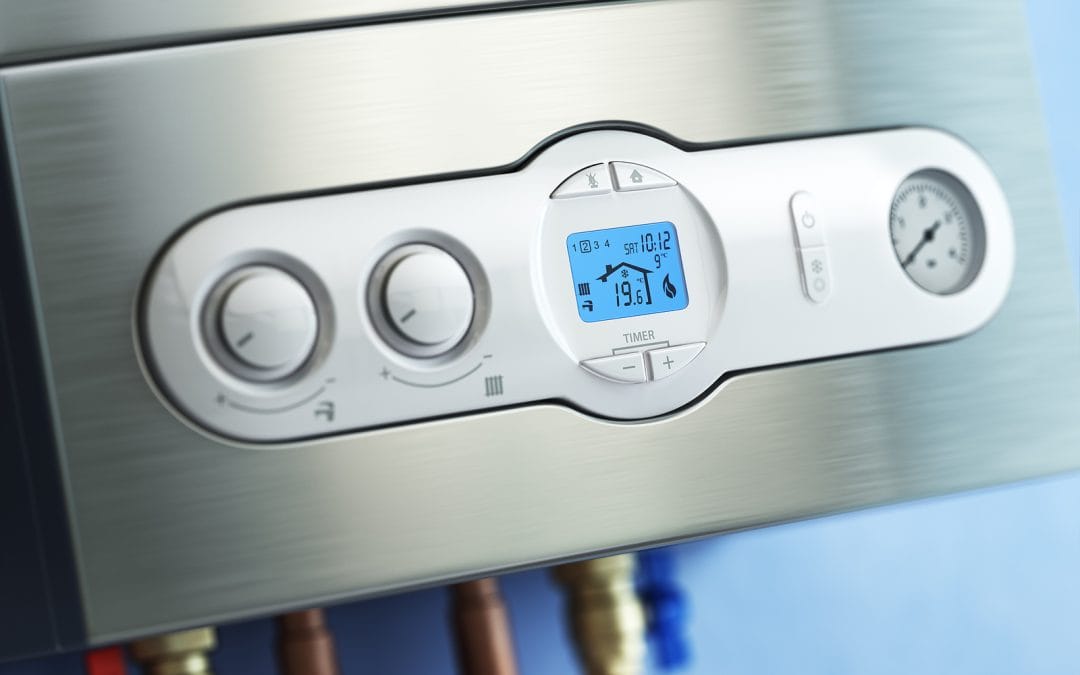After nearly five years of discussions, dilemmas and concerns from people who fear that policy changes may require them to rip out their well-serviced boilers, there is a degree of stability to be had when it comes to the heating solutions for the vast majority of people.
The advice is that if after a boiler service, your gas-safe engineer suggests it might be time to think about a replacement, feel comfortable in the fact that throughout the life of the boiler, it will be a faithful and efficient source of heating.
What happens after those 12-18 years, however, is still up for debate, and whether fossil gas, hydrogen gas from green sources or heat pumps will be the main source of heating is still up for debate, and the time when that question will be answered is likely to be in 2026 once the evidence has been gathered.
Given that hydrogen has been described as a future alternative to fossil fuels for several decades at this point, what has caused a delay in this consensus, and is the future of energy south of the Thames set to feature hydrogen at all?
What Was The Plan For Hydrogen?
As hydrogen burns in a similar way to methane and can be run through the overwhelming majority of the National Gas Grid, the idea was that at some unspecified point in the future, a transition from natural gas to hydrogen gas would begin, which would be more gradual and less dramatic than retrofitting heat pumps.
The initial belief was that modern boilers would not require too much adjustment to be converted into hydrogen boilers, and once the technology was perfect, boilers could be constructed that could be easily converted into hydrogen boilers once the switchover came.
These hydrogen-ready boilers have, up until 2024 at least, not become available to purchase or install. Whilst some boilers have been advertised as “hydrogen blend ready”, this is something of a misnomer given that any modern boiler is designed to run with a blend of up to 20 per cent hydrogen gas.
So any hydrogen transition would start by blending hydrogen and methane in the existing network and would probably not even be noticed by most users.
After this, hydrogen boilers would be installed and there would be a switch to 100 per cent hydrogen.
This was meant to start in 2025, but there have been some roadblocks to this.
The Hydrogen Village Debacle
Part of the issue is that part of the plan for a hydrogen gas rollout began with a lengthy consultation, research and the establishment of “hydrogen villages”, which were trial locations where hydrogen boilers would be fitted to homes to showcase its viability.
However, following consultation in Redcar and Ellesmere, both of which were cancelled, leaving only a much smaller trial in Fife taking place in 2025.
Whilst there were concerns surrounding the technology, the bigger issues surrounded the nature of the test itself, which was reported (incorrectly) to not have any way to opt out, with some residents fearing that once the systems had been installed they would be stuck with an expensive, unsupported system if hydrogen was not adopted as a heat source.
With a change of government since then, alongside a change in energy policy, it remains to be seen what happens next in terms of viability trials, and whether the stated timescale of 2026 for any decision to be made will actually be met.
A Blend Of Solutions
It is extremely likely that the future of electricity will come from a wide variety of sources, as opposed to just picking one specific solution and going from there.
Hydrogen is seen as a “drop-in” fuel solution and would become the most viable option in areas where installing an electrically powered heat pump is either not viable or would require an unacceptable level of disruption.
Rural areas that use oil-based or tank-based heaters could be transitioned to hydrogen more easily than use heat pumps.
Other countries are following a mixed approach based on this approach, with Germany’s gas industry applying to the Federal Network Agency to set up a hydrogen core network based on this exact approach, as well as the viability of hydrogen blends that do not need people to switch boilers.
Hybrid hydrogen heat pumps have been explored in the Netherlands, under the understanding that there will not be a single replacement for boilers but multiple replacements that will be more or less suitable for different types of buildings.

